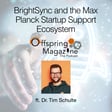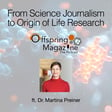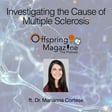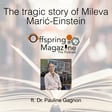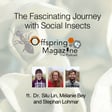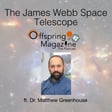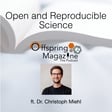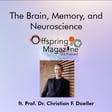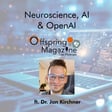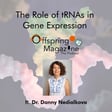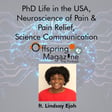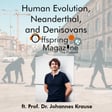
#5-06 The Early Universe - ft. Dr. Eduardo Bañados
In this episode Juli talks to Eduardo Banados, a research group leader at the Max Planck Institute for Astronomy in Heidelberg. The two of them follow up on our previous episode about the James Webb Space Telescope and dive deeper into the early universe. They talk about the first billion years of cosmic history, how the first stars and galaxies formed during that time and how the universe went from a dark and neutral place to a luminous and ionized environment during the so-called epoch of reionization. Eduardo explains the role that supermassive black holes play in these processes and how all of this lead to the universe in which we live today. And they discuss all of this in the context of the new data that the James Webb Space Telescope is providing us on this specific epoch of the universe’s evolution.
You are in for a fantastics episode!
Eduardo’s Personal Website: https://www2.mpia-hd.mpg.de/homes/banados/index.html
Review Paper on Quasars at Cosmic Dawn pre-JWST: https://ui.adsabs.harvard.edu/abs/2023ARA%26A..61..373F/abstract
Summary Review Paper on „The First billion years according to JWST“ based on the first 1.5 years of JWST data: https://ui.adsabs.harvard.edu/abs/2024arXiv240521054A/abstract
You can follow us on:
Twitter/X: https://twitter.com/MPPhdnetPodcast
Instagram: https://www.instagram.com/offspringmagazine_thepodcast
Linkedin: https://www.linkedin.com/company/offspring-magazine-the-podcast
YouTube: https://youtube.com/c/MaxPlanckPhDnet
If you have any feedback, comments, or suggestions, reach out to us at offspring.podcasts@phdnet.mpg.de
Check out the Offspring-Blog where we publish articles on a regular basis: https://www.phdnet.mpg.de/outreach/offspring-blog
Intro - Outro music composed by Srinath Ramkumar: https://twitter.com/srinathramkumar
Pre-Intro jingle composed by Gustavo Carrizo: https://www.instagram.com/carrizo.gus
See you soon!
